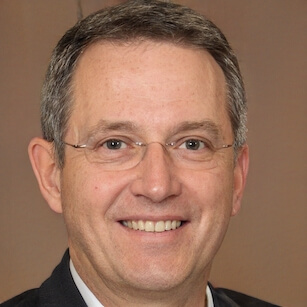Once I have a clear understanding of the project requirements, the next step is to create a preliminary design. This involves determining the layout of the electrical system, including the location of electrical panels, transformers, and other major components. I like to think of it as creating a roadmap for the project to follow.
After the preliminary design is complete, I move on to the detailed design phase. This is where I dive deeper into the specifics of the electrical system, such as calculating the load requirements, selecting appropriate equipment, and designing the power distribution system.
Throughout the design process, it's essential to ensure that the design is compliant with the National Electrical Code (NEC) and any other relevant standards. This helps me ensure the safety and reliability of the system.
Finally, I coordinate with other disciplines, such as mechanical and civil engineers, to ensure that the electrical system is integrated seamlessly into the overall building design. This often involves attending meetings, reviewing drawings, and making adjustments as necessary.










